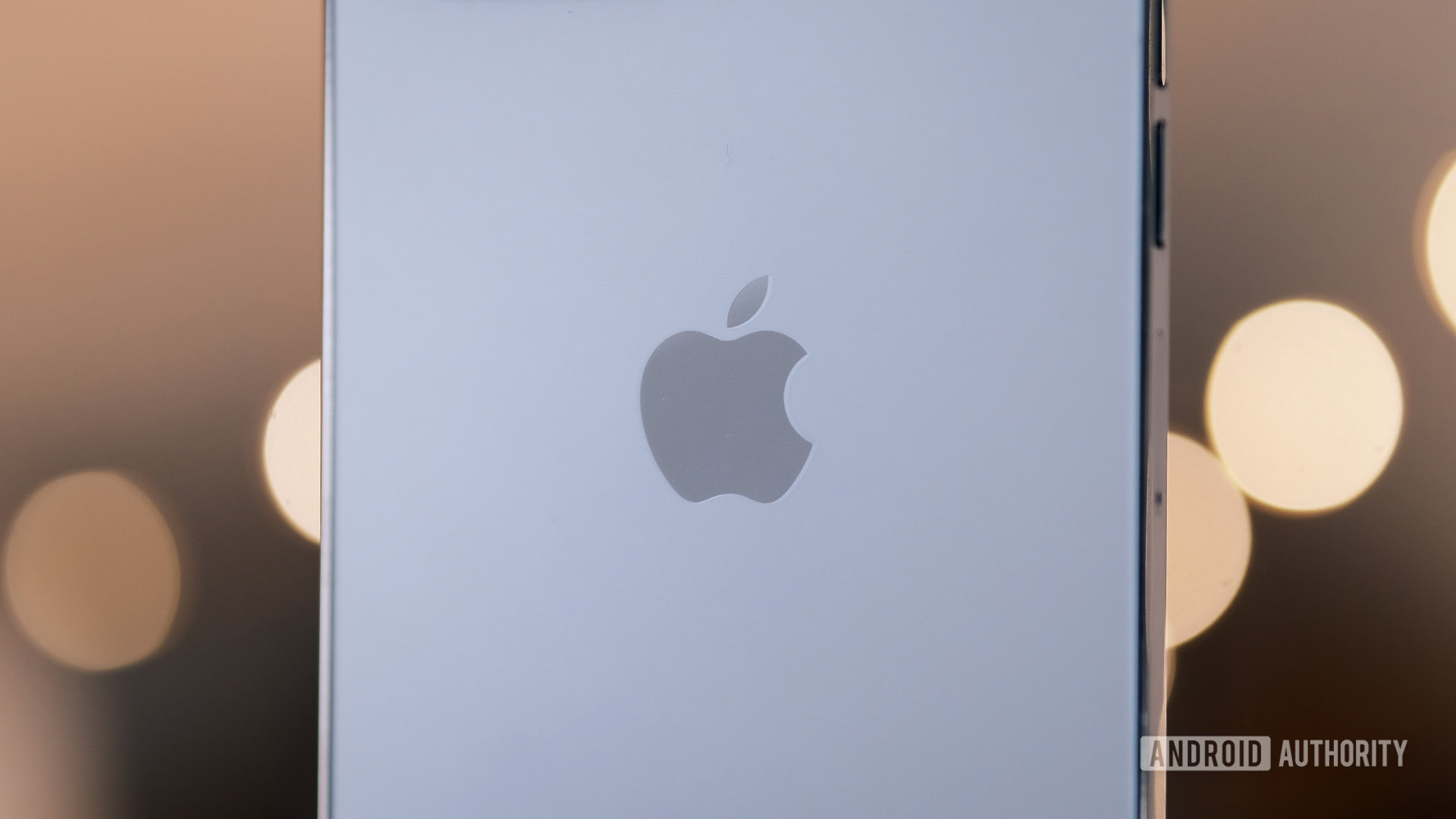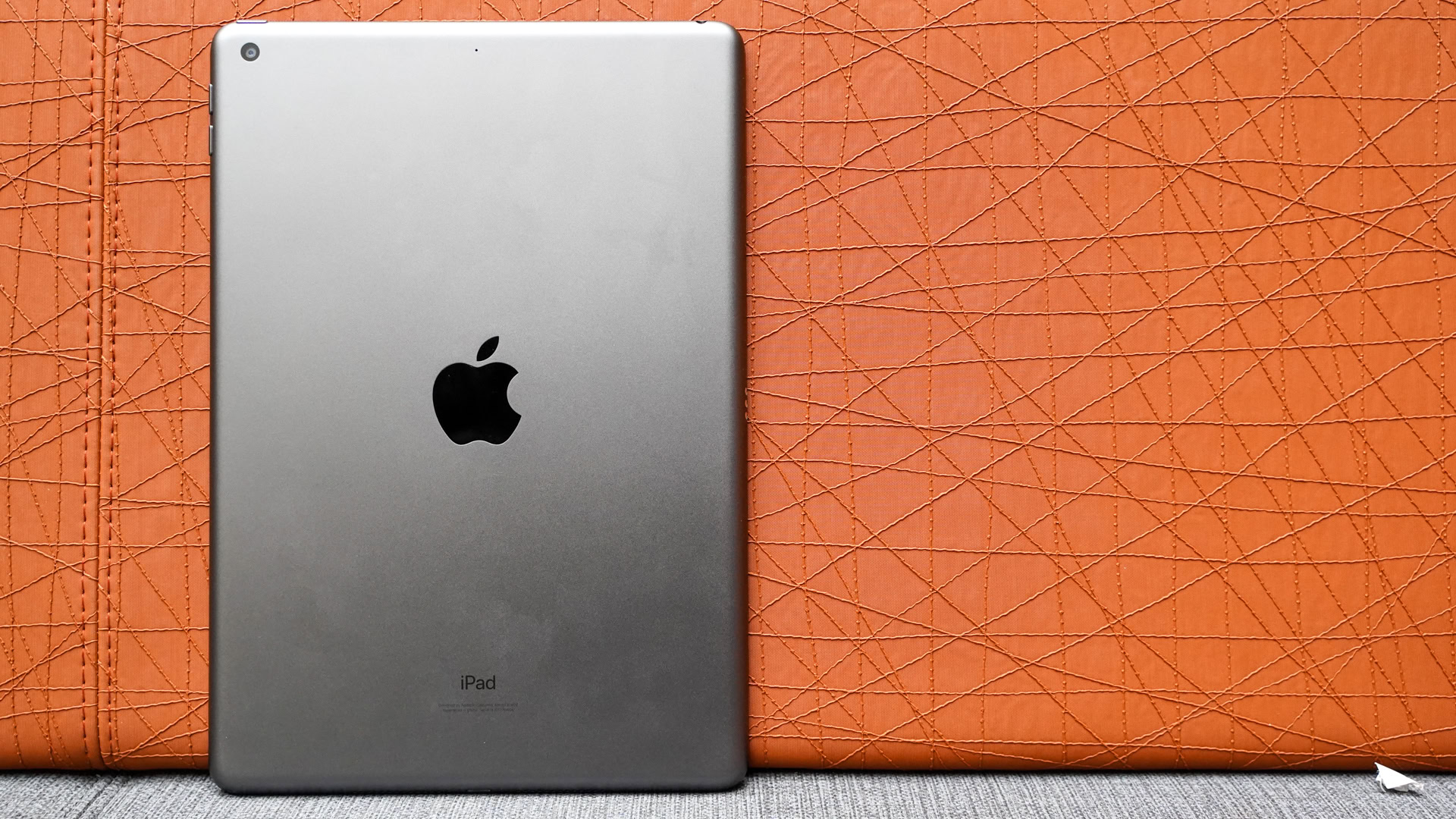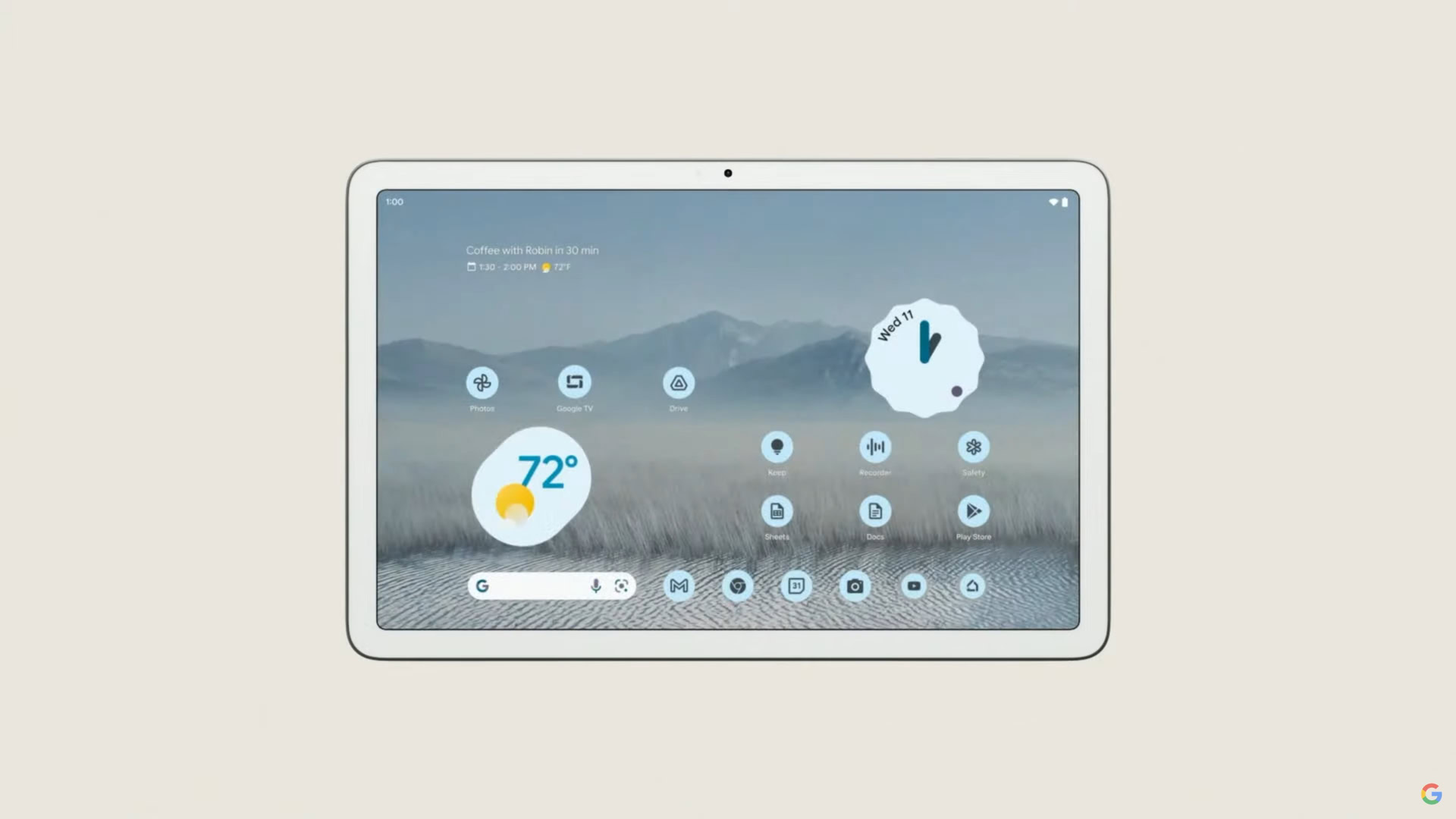Affiliate links on Android Authority may earn us a commission. Learn more.
Should Apple M2 iPads worry the Pixel Tablet crowd?

Apple is forging ahead with its custom-silicon efforts, announcing its next-generation Apple M2 chipset at WWDC 2022. While initially heading to a new MacBook Air and MacBook Pro, it surely won’t be long until an M2-powered iPad Pro and iPad Air arrive as well. The new iPad Pro model is rumored to launch as soon as fall 2022, although it may not be available to buy until later.
iPads are already the best tablets in the business and the M2 poses an even bigger purchasing conundrum for those looking forward to the Google Pixel Tablet, which isn’t set to launch until sometime in 2023. Not only will the new iPads likely be available to buy sooner, but they’re shaping up to be far more powerful than anything Google could hope to put on the market.
See also: Google is on the right path for tablets and watches, but there’s more to do
Apple extends its performance lead

With an 18% faster CPU, 50% more memory bandwidth, and a new 10-core GPU with up to 35% more performance than its Apple M1 predecessor, the M2 appears capable of desktop-class performance with a fraction of the power consumption. Distilled down into a tablet form factor, we’re looking at unrivaled workhorse and gaming potential, even if the chip turns out to be slightly slower than that found in the new MacBook Pro. Though unlocking PC-level productivity from iPadOS is a different story, for now at least.
Our picks: The best tablets you can buy
Unfortunately, there’s no equivalent desktop-class Arm-based chipset available currently that could provide competitive performance for the Pixel Tablet. The first-generation Google Tensor chipset is decidedly slower than the very best smartphone flagship chips, let alone desktop products. Even a second-generation Tensor, expected to arrive with the Pixel 7, is unlikely to close the gap in a meaningful manner, as the latest Arm Cortex-X2 and A710 are mobile- rather than desktop-class, and are already behind Apple’s capabilities.
Google could beef up its upcoming Tensor 2 chipset, but catching Apple remains unachievable at this stage.
Of course, there’s the possibility that Google may build a slightly more bespoke chip for its tablets. Beefing up the big CPU count and moving to a bigger GPU setup would help extend performance beyond mobile capabilities, but catching Apple remains unachievable at this stage. There’s an outside possibility that new Arm CPU and GPU cores expected this year could close the gap a little, but it’s unknown whether Google would be able to leverage them in time.
Outside of a custom chip, Google retains the option to buy from Qualcomm. However, its PC-grade Snapdragon 8cx Gen 3 targets more entry to mid-tier performance rather than higher-end desktop chips. The fruits of Qualcomm’s Nuvia custom CPU efforts aren’t expected until late in 2023, and the first chips are said to be for Windows rather than Android machines.
Read more: Google Tensor 2 rumors and expectations
Pixel Tablet — more than raw performance

Power isn’t everything, but there’s no denying that an M2-powered iPad will pack great potential for creativity and gaming use cases. There’s little likelihood of the Pixel Tablet being able to match the raw performance of next-gen iPads, but perhaps that’s not all that important?
Google’s focus is, and has been for a few years, on creating specific machine learning-powered features, ranging from Google Assistant to photo enhancements and real-time language translation. These are bound to feature in the upcoming tablet, offering use cases and features that the iPad can’t replicate. Google achieved this with the Pixel 6 series by packing its Tensor processor with plenty of dedicated machine learning silicon and will almost certainly do the same if it builds the chip inside the Pixel Tablet. Unfortunately, we don’t know exactly how the performance compares between Google’s TPU and Apple’s new 16-core Neural Engine in the M2. However, it’s likely that Google’s current silicon built for phones is already very competitive, and future iterations could surpass Apple’s.
Blazing performance is wasted on tablets and Google might gain an edge in machine learning use cases.
There are other potential use cases that could help the Pixel Tablet find a niche to call its own. Rumors suggest that the Pixel Tablet could double up as the smart display Google has been rumored to be working on for some time. If true, we’ll be viewing the tablet through a very different context. Bleeding edge performance won’t matter nearly as much for a device targeted primarily as a video watching and smart home hub. Not forgetting that Android 13, on which the Pixel Tablet will surely run, isn’t going to provide a desktop-like experience either.
Related: The Pixel Tablet could be the future of smart home displays
Price will matter a lot too, obviously. Hopefully, Google’s Pixel Tablet will be cheaper than the $799 iPad Pro, in which case the two tablets wouldn’t quite be competing for the same market anyway. At least not until the more competitively priced M2-equipped iPad Air eventually comes along.
Do tablets need laptop-tier chips?

High-end performance drives headlines but does it matter so much in the tablet form factor? I’d wager not. At least not until tablets sport the operating system features required for desktop-class multitasking and the applications that can leverage it. Apple’s new Stage Manager for iPadOS still doesn’t capture the full multitasking potential of the iPad Pro 2021’s M1 chipset, for example.
Apple's M2 power might sound great, but the iPads still can't make full use of it. Google and the Pixel Tablet shouldn't be too worried.
Unfortunately, tablets are still, frustratingly, caught between the portability focus of smartphones and the larger form factor of laptops, but without doing either quite as well as their dedicated counterparts. While that M2 power might sound great on paper, it’s far behind what Apple’s iPads can make use of in their current state. In that regard, Google and those looking forward to the Pixel Tablet shouldn’t be too worried if they can’t match the same on-paper performance potential.
A different point of view: The iPad Air convinced me that the post-PC world is almost here
That said, there’s no room for complacency. With Arm computing power making inroads in both the Apple and Microsoft ecosystems, it perhaps won’t be long until consumers start demanding that their tablets bridge the divide into PC workloads. Microsoft has already seen the writing on the wall with its Surface lineup. The first company with a workhorse OS, chipset, and tablet hardware could become the leader in the gradually reviving tablet space.